Berlin, Feb 24, (V7N) – Friedrich Merz, leader of Germany’s conservative CDU/CSU, has begun efforts to form a new coalition government following his party’s election victory. Acknowledging the challenges ahead, he emphasized the urgency of political stability, warning that “the world isn’t waiting for us.”
Merz’s win comes amid significant global shifts, including U.S. President Donald Trump’s return to power, a struggling German economy, and a deeply divided society after a contentious election campaign. Despite securing 28% of the vote, Merz faces the difficult task of forming a government while keeping the far-right Alternative for Germany (AfD) at bay after their record-breaking 20% performance.
The election was dominated by immigration debates following a series of deadly attacks linked to migrants. The CDU/CSU’s primary rival, Chancellor Olaf Scholz’s SPD, suffered a heavy defeat, managing just 16%. While Scholz acknowledged the loss, his popular defense minister, Boris Pistorius, is expected to play a key role in negotiations.
Merz, who had aggressively campaigned against “left-wing crazies,” struck a more conciliatory tone post-election, calling for cooperation to ensure a “stable government with a strong majority.” He is expected to engage in coalition talks with the SPD and possibly the Greens, as the political landscape remains complex.
Internationally, Merz must navigate relations with Trump, whose outreach to Russian President Vladimir Putin has unsettled European allies. French President Emmanuel Macron and Ukrainian President Volodymyr Zelensky congratulated Merz, highlighting the need for a strong European response to global challenges.
The CDU/CSU’s 28% share fell short of their 30% target, making coalition-building more difficult. However, the failure of the Sahra Wagenknecht Alliance (BSW) and the liberal FDP to enter parliament may simplify negotiations by reducing the number of competing parties.
Despite the conservative shift, forming a functional government remains a challenge. Analysts warn that Germany must act swiftly to maintain influence amid Trump and Putin’s geopolitical maneuvering. Merz aims to finalize a governing coalition by mid-April, but complex negotiations lie ahead.



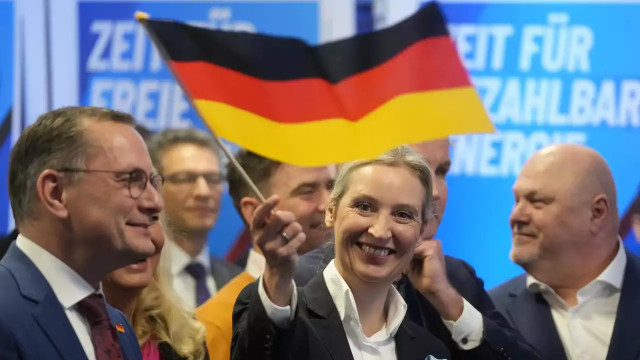


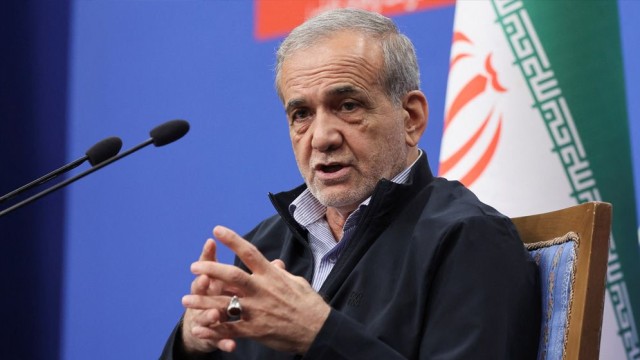
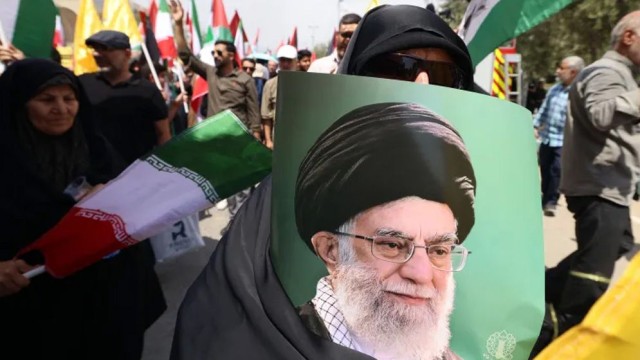
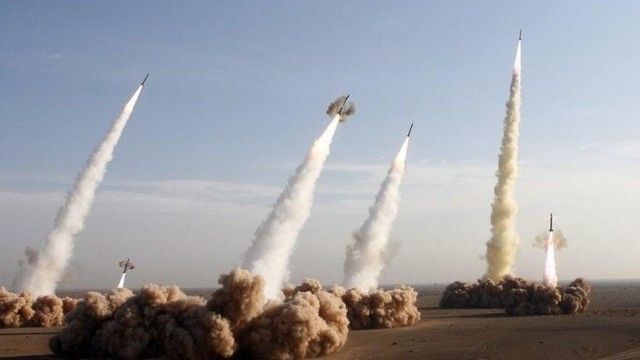
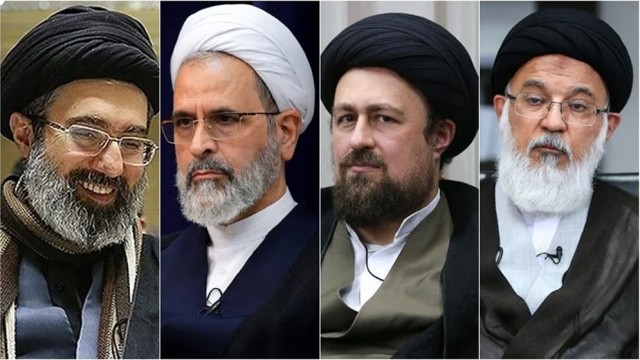








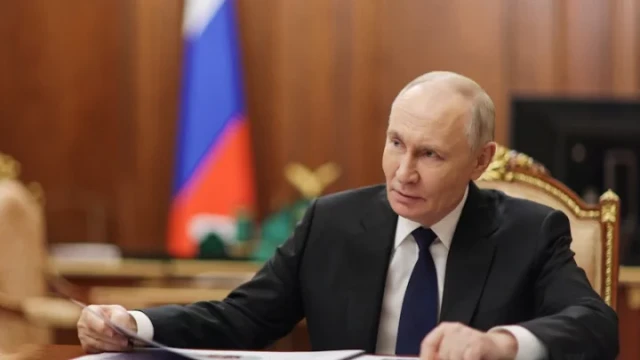
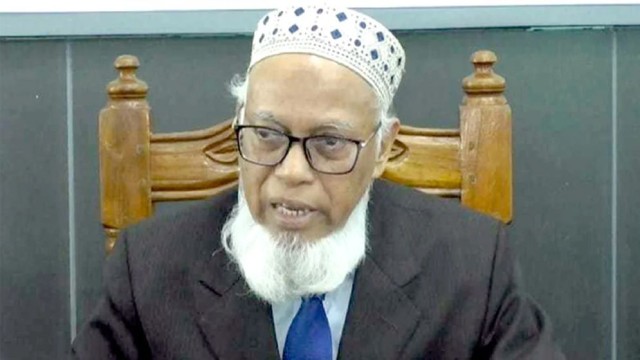










Comment: